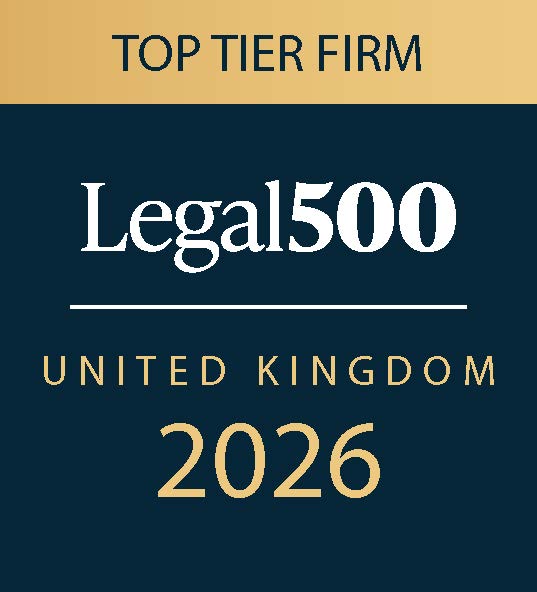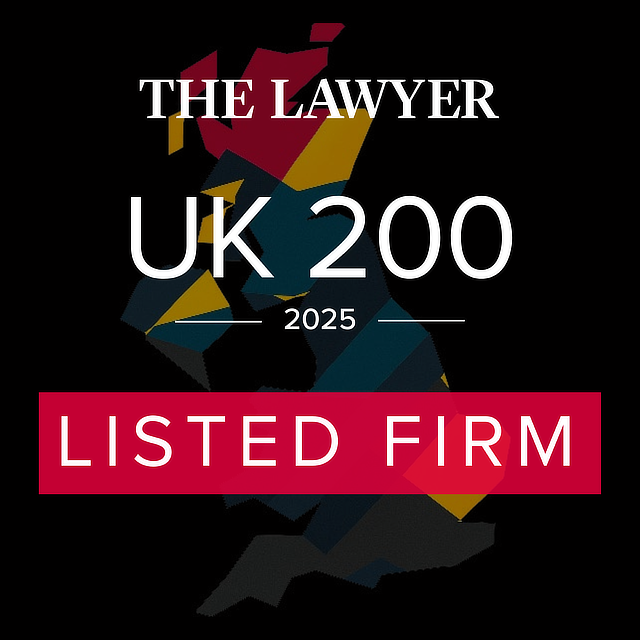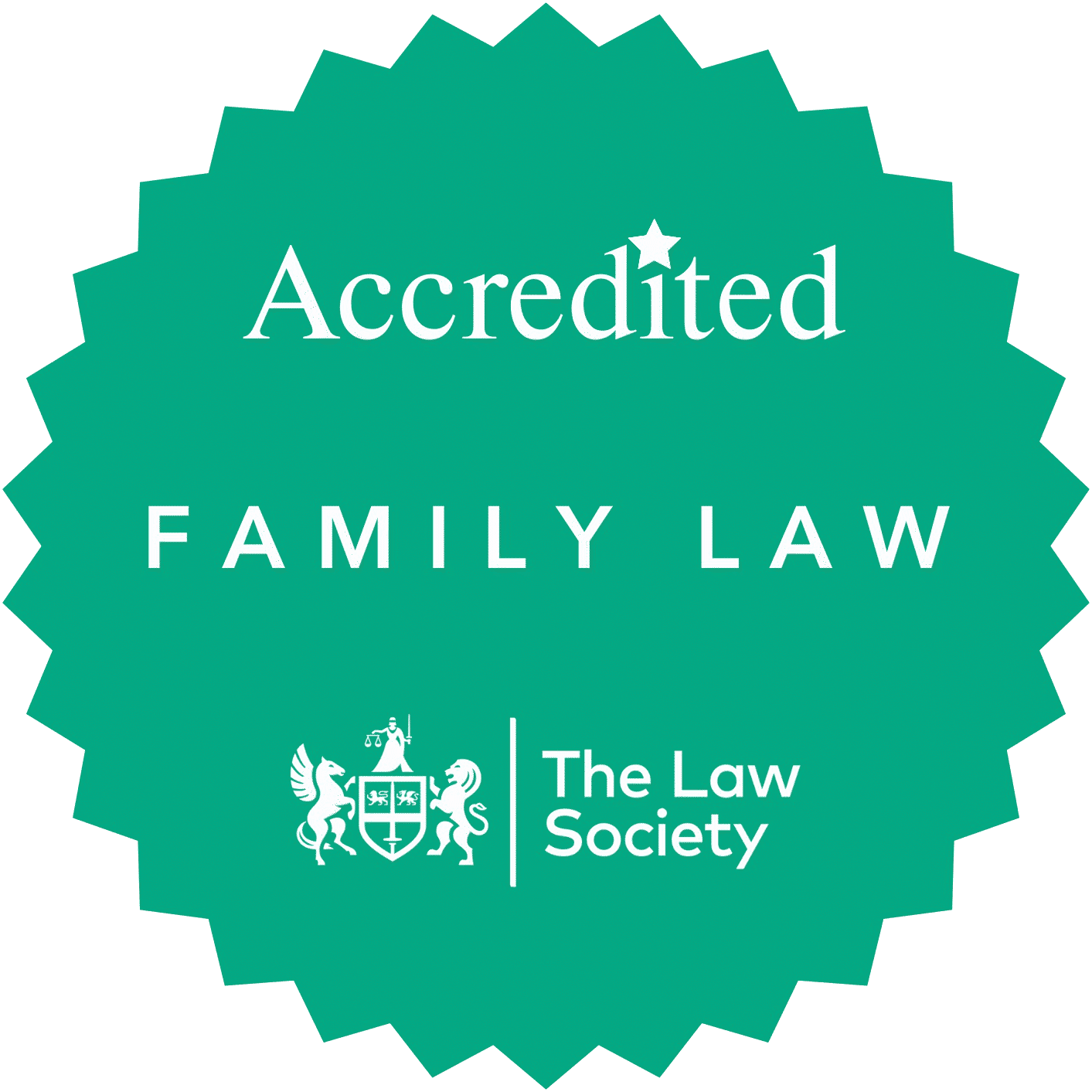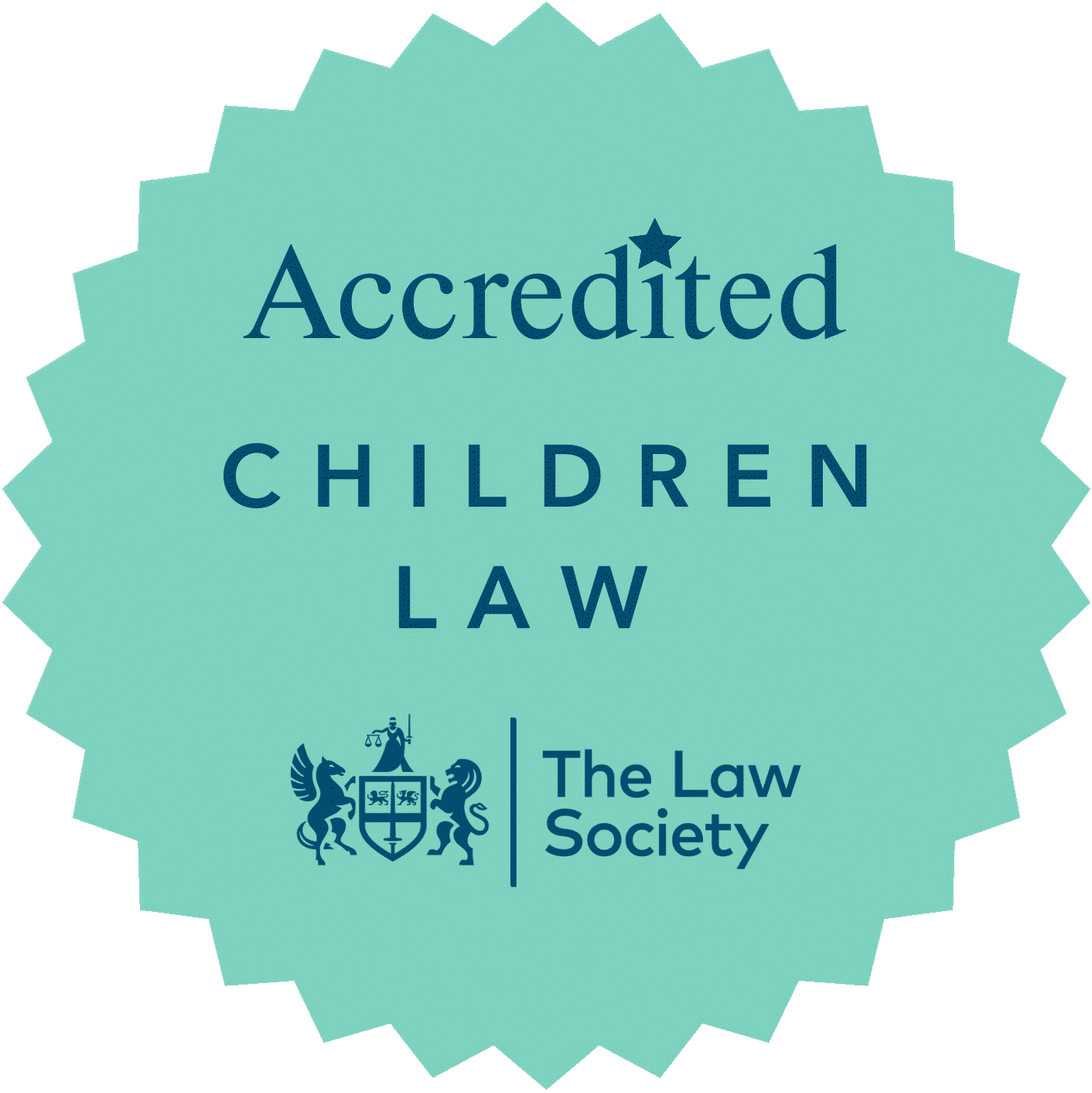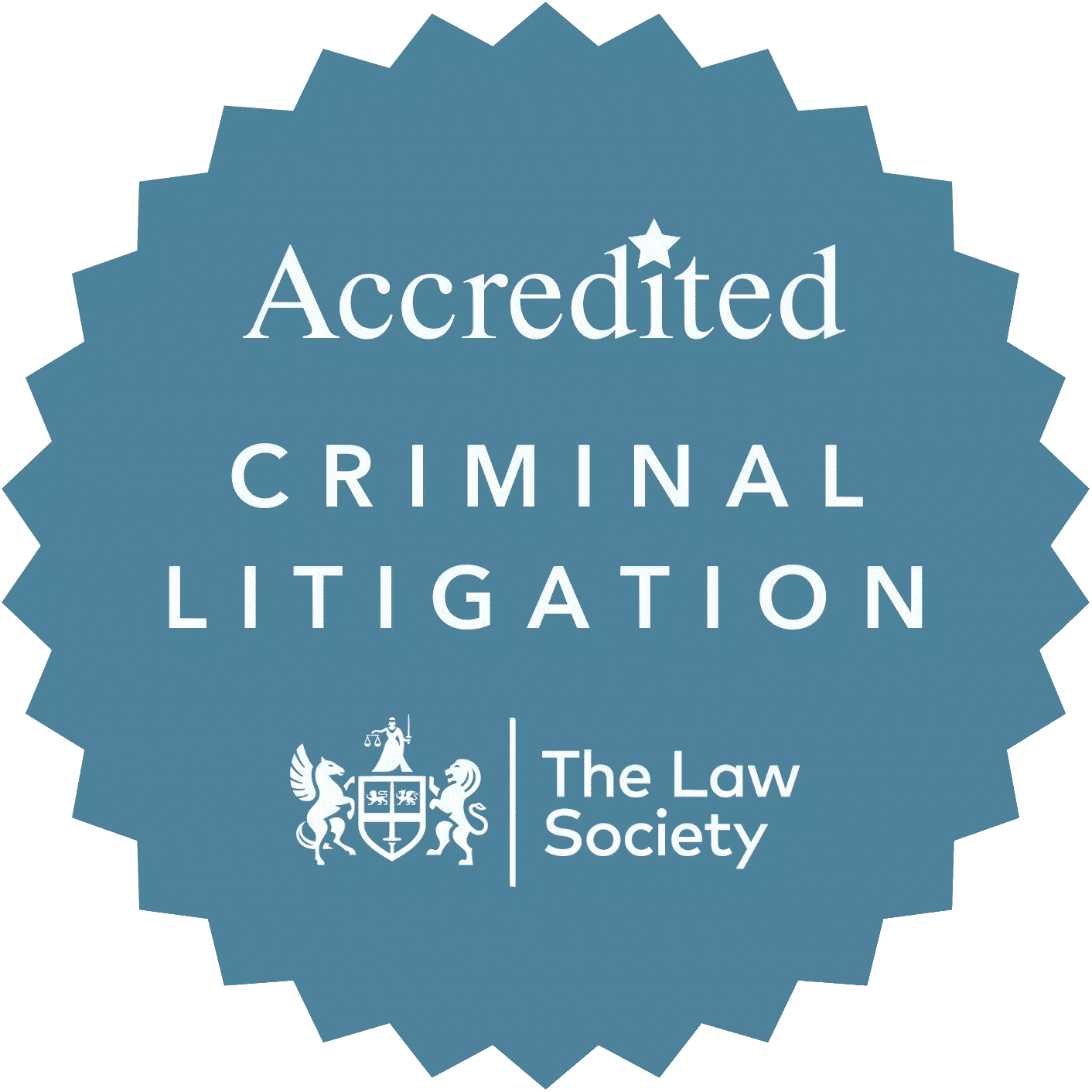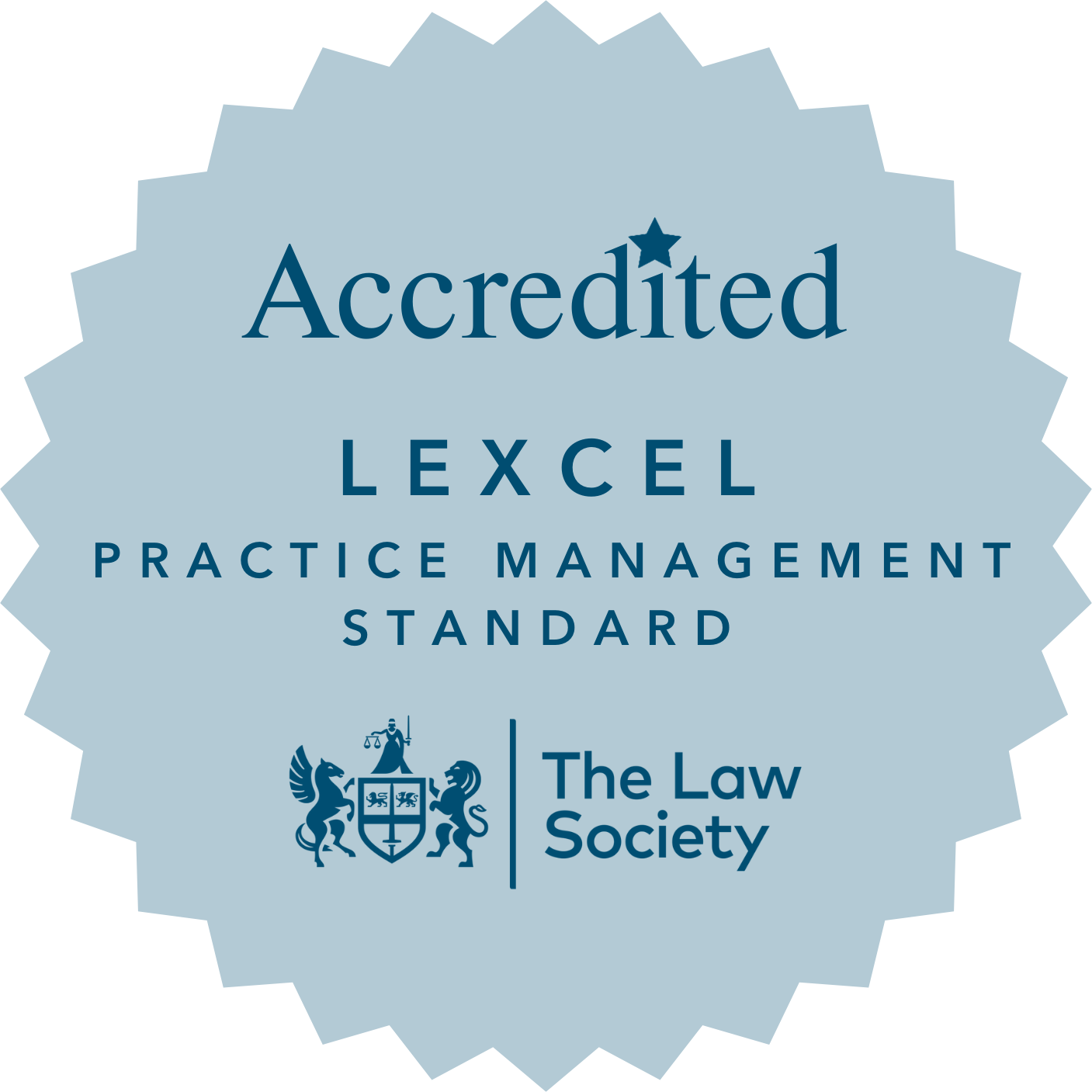Assets in divorce - Businesses
What will happen to my business if I divorce?
For those who own businesses, this can be a troubling question. It is common for business owners to devote many years to growing and developing their business interests. The thought of losing their business during a divorce can therefore be stressful.
However, the Court tries to ensure that divorcing business owners are able to retain their businesses moving forwards. It is rare for a business to be sold as part of a divorce, particularly if it produces an income which supports the family.
What is the value of the business?
Before the Court is able to consider how any asset should be dealt with in divorce proceedings, it needs to know what that asset in worth. That is the case regardless of whether the business is solely owned by one party or is a joint endeavour.
In straightforward cases involving a business, the company accountant might produce a valuation which can be agreed by both parties. This is usually the most cost-effective way forward. However, it is important that the valuation is fair and accurate.
In more complicated cases, or in cases where that valuation is not agreed by both parties, it may be necessary to formally instruct an independent accountant to produce a report dealing with the valuation of the business. The accountant will also be asked to comment on other factors, such as liquidity and tax issues.
Will my spouse be entitled to a share of my business?
Once the value of the business has been determined, the next question to consider is to what extent the business is 'matrimonial'; in other words, a marital asset. It is possible that a business will be matrimonial even if it is owned solely by one party. However, this is a case-specific and discretionary area of law, so it is important that specialist advice is taken at the outset.
The starting point is that matrimonial assets are shared equally. Non-matrimonial assets are usually retained by the person to whom they belong. However, non-matrimonial assets may be shared if necessary to ensure that both parties' needs are met (i.e. to avoid a situation where one person is left destitute whilst the other is left with a valuable business).
Whilst there is no set formula to follow when determining whether a business is matrimonial, the following points may be helpful to note:
- If the business was established before the commencement of the marriage, it will be easier to argue that it is partly or entirely non-matrimonial and should not therefore be shared. Family businesses (e.g. those inherited from parents or passed down the generations) are more likely to be non-matrimonial.
- If the business was established during the marriage, it is likely to be considered at least partly (if not wholly) matrimonial.
- If the business was established before the commencement of the marriage but has grown during the marriage, the growth (i.e. the uplift in value) is likely to be considered to be at least partly matrimonial.
The topic of whether an asset is, or has become, matrimonial in nature is topical one. In May 2024, the Court of Appeal in Standish v Standish [2024] narrowed the concept of "matrimonialisation", which is the process by which a non-matrimonial asset becomes matrimonial in nature during the marriage. That case is however subject to appeal; it is therefore very important that specialist legal advice is taken.
If the business is considered to be matrimonial, how will it be dealt with?
As explained above, whilst the Court does have the power to order the sale of a business, this is rare. It is much more common for the Court to try to achieve fairness in other ways, such as awarding the other party a greater share of the other assets (e.g. more capital from the family home).
If there are insufficient other assets to achieve fairness in this way, the Court might order the payment of a lump sum, or a series of lump sums over a period of time in order to achieve equality. Alternatively, the Court might order the payment of spousal maintenance – in other words, monthly financial support – if there is insufficient liquidity to raise a lump sum.
If both parties own and run the business together, the Court has the power to order a transfer of shares from one party to the other. Unless the parties are both keen to retain the business together (which might be the case for example if matters remain very amicable, or an imminent sale of the business is likely), it is probable that only one party will retain the business moving forward. This is to give the parties a 'clean break'.
This is a discretionary area of law, and the Court will always try to take a practical approach which achieves fairness. Instructing a specialist family lawyer with experience of dealing with business assets will help you to achieve the best outcome for your family and your business.
With our commercial department assisting if necessary, we will think creatively around settlement and how capital can be extracted without damaging the business.
I received fantastic support and guidance from Ellie throughout my divorce from start to finish. I felt that what set Sills & Betteridge apart from other firms was their ability to bring in experts like Euan to advise on the corporate aspects of the divorce - they co-ordinated the work smoothly and efficiently between them. I would whole-heartedly recommend Sills & Betteridge to anyone with business assets to be dealt with as part of their divorce.
CLIENT REVIEW
Preliminary Advice Meeting Options
1) Divorce - £250 + VAT at 20%
To discuss matters arising out of relationship breakdown including divorce, finances, property, pensions and other assets, as well as arrangements for any children.
2) Children - £200 + VAT at 20%
To discuss issues solely relating to children following separation including who they will live with, contact, holidays abroad, relocation, changing schools or any other specific issues.
This meeting may be free if there are issues involving Domestic Abuse or Children's Services.









